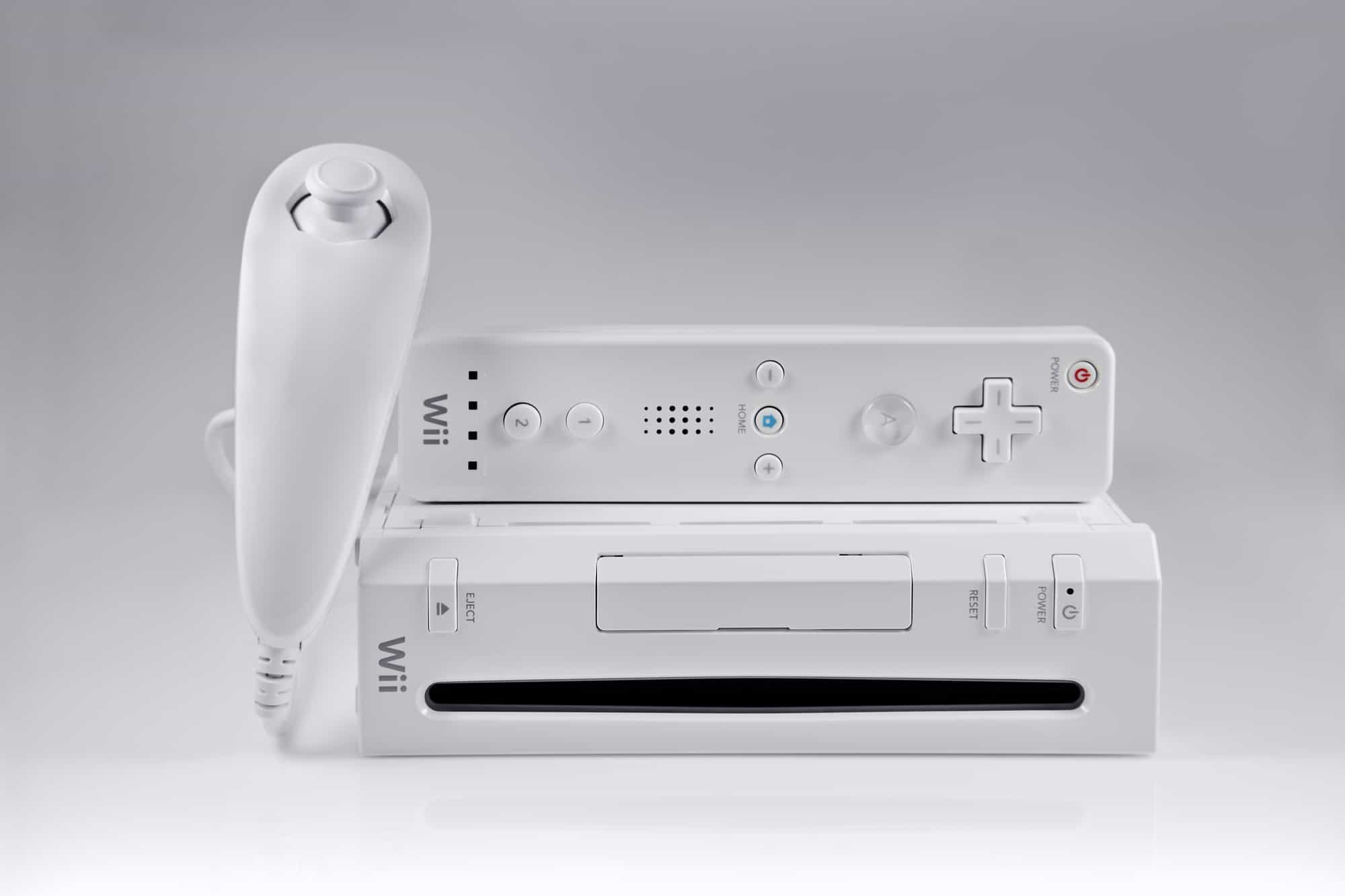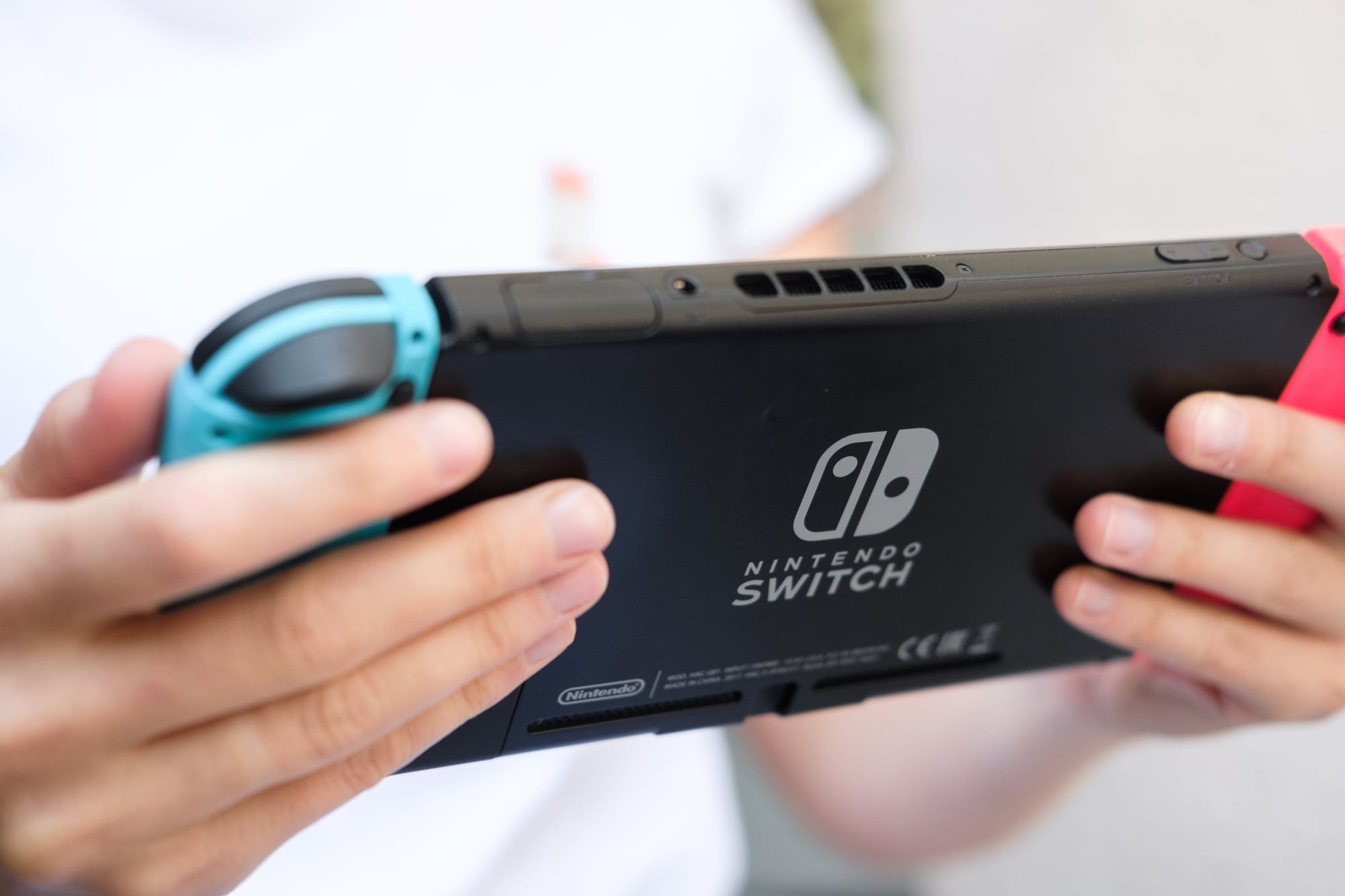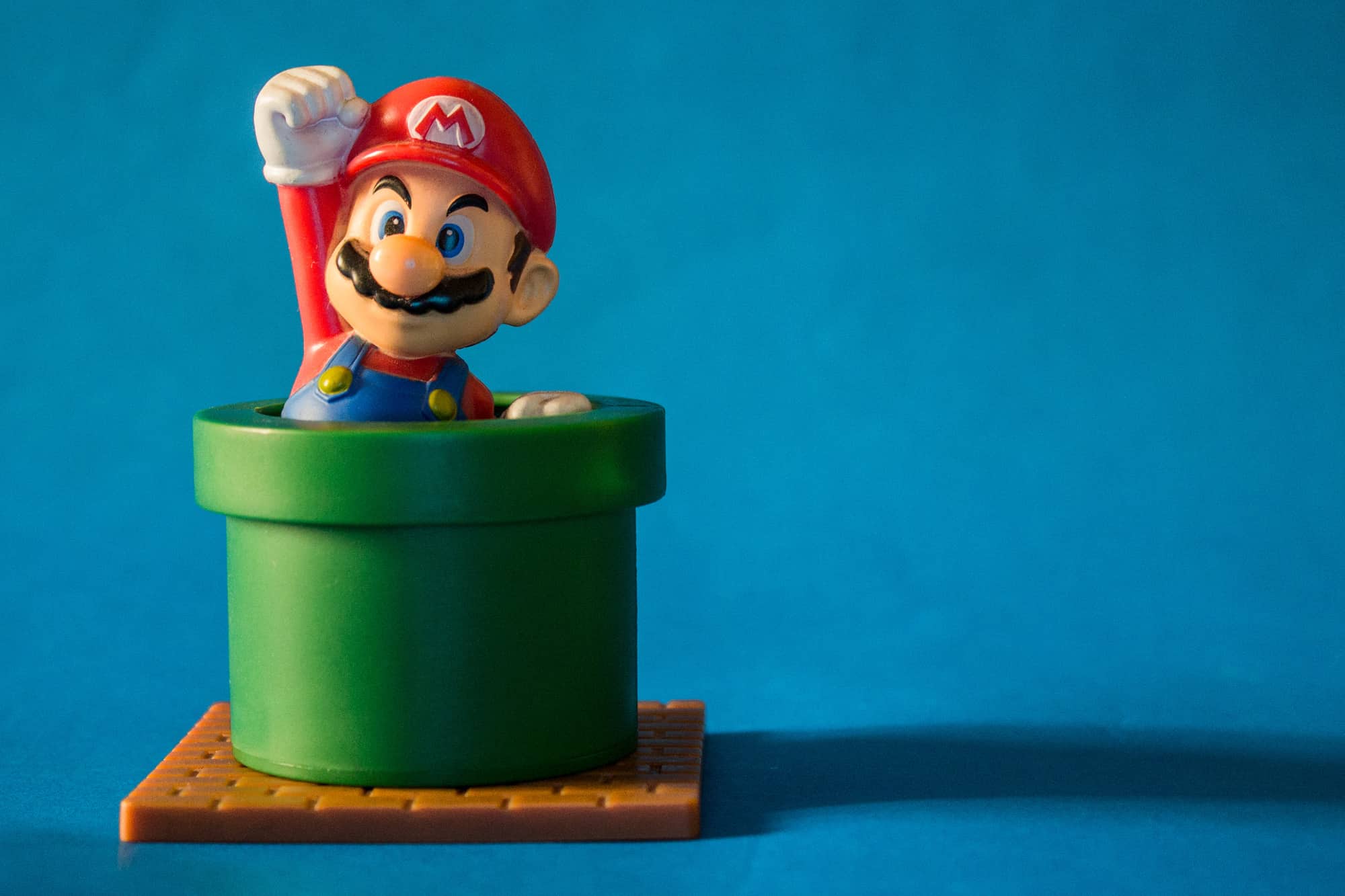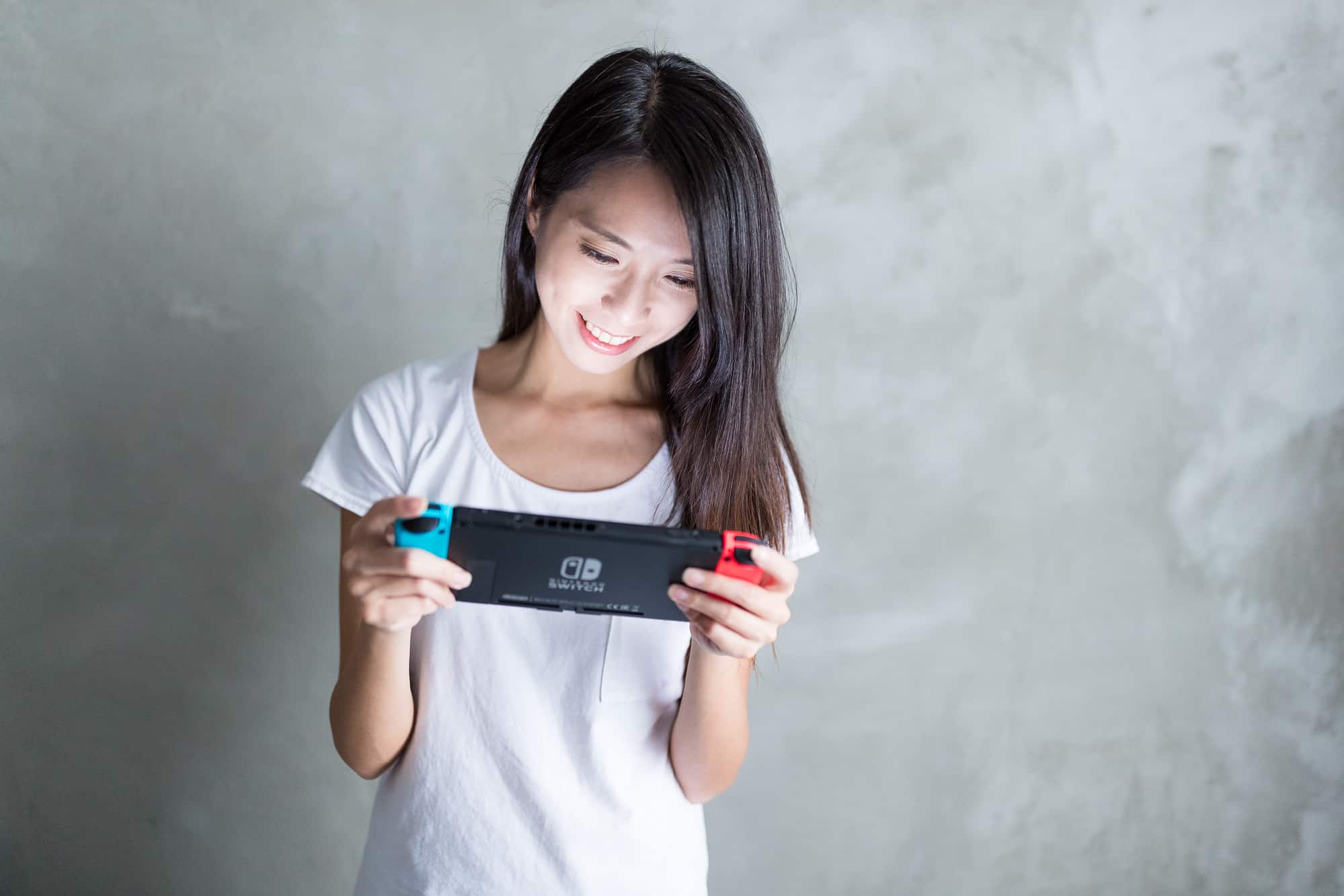This Nintendo PESTLE analysis examines six factors that will impact the company the most and how the video game firm is responding to challenges.
Headquartered in Kyoto, Japan, Nintendo Co., Ltd is a multinational consumer electronics and video game firm and one of the largest in the world. Founded in 1889 as Nintendo Karuta, the company continues to be a household name in the industry over a century on. This Nintendo PESTLE analysis analyzes six factors that will impact the company in the next century.
The company manufactures gaming consoles that have enjoyed popularity over the years. These include well-known units such as the Nintendo DS, Nintendo Wii, and its current-generation console to date, the Nintendo Switch.
Nintendo PESTLE Analysis: Political factors
Nintendo does not have much of a political presence, nor does it advertise or perpetuate any one political stance. In recent news, the company even went as far as to ban brands and their users from bringing politics into its games like Animal Crossing: New Horizons.
In a statement, Nintendo underscored that their products must be used for personal use only. They also presented guidelines as to the usage of the game by businesses and organizations. According to Nintendo, the only way around the rules they have set is to obtain “separate and express, written permission from Nintendo.” The rule was put in place after the Biden/Harris campaign island created within Animal Crossing: New Horizons gained traction on several social media platforms.
No other news or indication of political involvement or activity has involved Nintendo in recent years.

Nintendo PESTLE Analysis: Economical factors
Nintendo appears to be doing well despite the 2020 economic slump brought on by the Coronavirus pandemic. The company has also weathered socioeconomic downturns in the past.
Dow Jones reported a steep dip in finances since 1987. Meanwhile, over 33 million Americans have applied for unemployment in even shorter periods of time. Nintendo, on the other hand, announced its strongest fiscal results, enjoying a 200% jump in profits. A lot of its old consoles were being sold at brand-new prices. In the meantime, new consoles saw a huge mark-up from regular sales at retail price.
This is due to the increased periods of isolation this year to comply with social distancing measures. One of the leisure activities many peopled enjoyed during lockdowns and quarantine have been video games. Video games, in particular, are unique in that they offer a means of self-expansion at home. That's an activity which people cannot undertake due to the current circumstances. This is likely why the company has thrived during a catastrophic global health and economic crisis.

Nintendo PESTLE Analysis: Social factors
Projecting an increase in smartphone activity, one might think that Nintendo would seek to bolster its mobile game roster. Yet the company mentions no heavy investments in that direction anytime soon. As a console developer, Nintendo is likely to continue refining and encouraging the use of their internal systems. An example would be buying from their own platform, the Nintendo E-Shop.
Nintendo did venture into mobile gaming with Animal Crossing: Pocket Camp, Dragalia Lost, Mario Kart Tour, and Fire Emblem: Heroes among others. However, the company has announced its “retreat” from the mobile market. They are no longer looking to create new mobile games in the foreseeable future.
Reports suggest that Nintendo suffered losses on their mobile game ventures because developers incorporated micro-transactions within these games. Despite this being a feature commonplace in other video games, Nintendo’s foray into loot-box style gaming systems met wide criticism. The reason? Its hefty pricing. Not only that, but users also compared mobile titles to their Switch counterparts.
On Nintendo’s end, there is also little reason to heavily invest in creating new games or further improving their already existing line-up too aggressively. Nintendo creates their own gaming consoles and puts money towards creating games with selling Nintendo-brand hardware in mind. Without hardware to sell, there is no incentive to get their mobile games up to the same caliber as the company’s existing Switch games.
Nintendo PESTLE Analysis: Technological factors
The company has never sought to compete on console power (as Sony and Microsoft are known to do with every new mainline console launch). Nintendo instead looks at crafting games that are accessible and meant to be played on the console they develop.

With the Switch, Nintendo is able to incorporate more third-party developers to port versions of games into their platform. Additionally, they can even create games specifically for the console. By console standards, the Switch cannot be considered a high-power unit. Yet it toes the line of powerful and portable in a way that is said only Nintendo can do.
Nintendo PESTLE Analysis: Legal factors
Nintendo has a long and public legal history. The company holds a harsh stance on copyright infringement, facing challenges from emulation sites (video game piracy) and emulation software developers. Those third parties seek to create ways for non-console owners to play Nintendo games on their computers. Nintendo has sued companies and developers for over millions of dollars in statutory damages, requesting that the websites be taken down.
The same goes for use of music from its library of video game soundtracks. Nintendo reportedly has been lodging claims against popular Youtube videos and music channels. The latter have been featuring audio from Nintendo first-party titles such as Fire Emblem Awakening and Super Mario World.

The other side of the coin however sees Nintendo facing lawsuits over its mainline console. Recently, the company has come under fire when another class-action lawsuit was filed for issues with the system’s control or Joy-Con drift. This latest complaint was filed in a Seattle court on November 17, 2020.
The suit outlines the user’s experiences with the Nintendo Switch console. It's stating that they noticed a drift on their game controls after three months from buying the unit. The controllers were repaired by Nintendo for $40 but began malfunctioning once more after several months. This would go on for three more pairs of Joy-Cons. The lawsuit also contains photos of the technical aspects of the Joy-Con and shows electron microscope images to highlight the damage on the circuits.
Nintendo PESTLE Analysis: Environmental factors
Nintendo faces scrutiny by environmentalists over its relationship with ethical sourcing of minerals needed to manufacture its products. Improvements to their sourcing and development practices have only improved in increments over the course of several years.
Greenpeace has also recently named Nintendo the least environmentally-friendly console manufacturer in their regular report. In that report, they note the company’s policies on toxic chemicals, climate change, and recycling. Notably, however, Nintendo has always been a secretive company. Greenpeace automatically gives companies a zero when they cannot identify public information on a company’s internal environmental policies.
Nintendo’s website contains guidelines on how to recycle their video game and console products and publishes a CSR report at regular intervals as well.
Continue your research with the SWOT analysis of the Nintendo switch.


